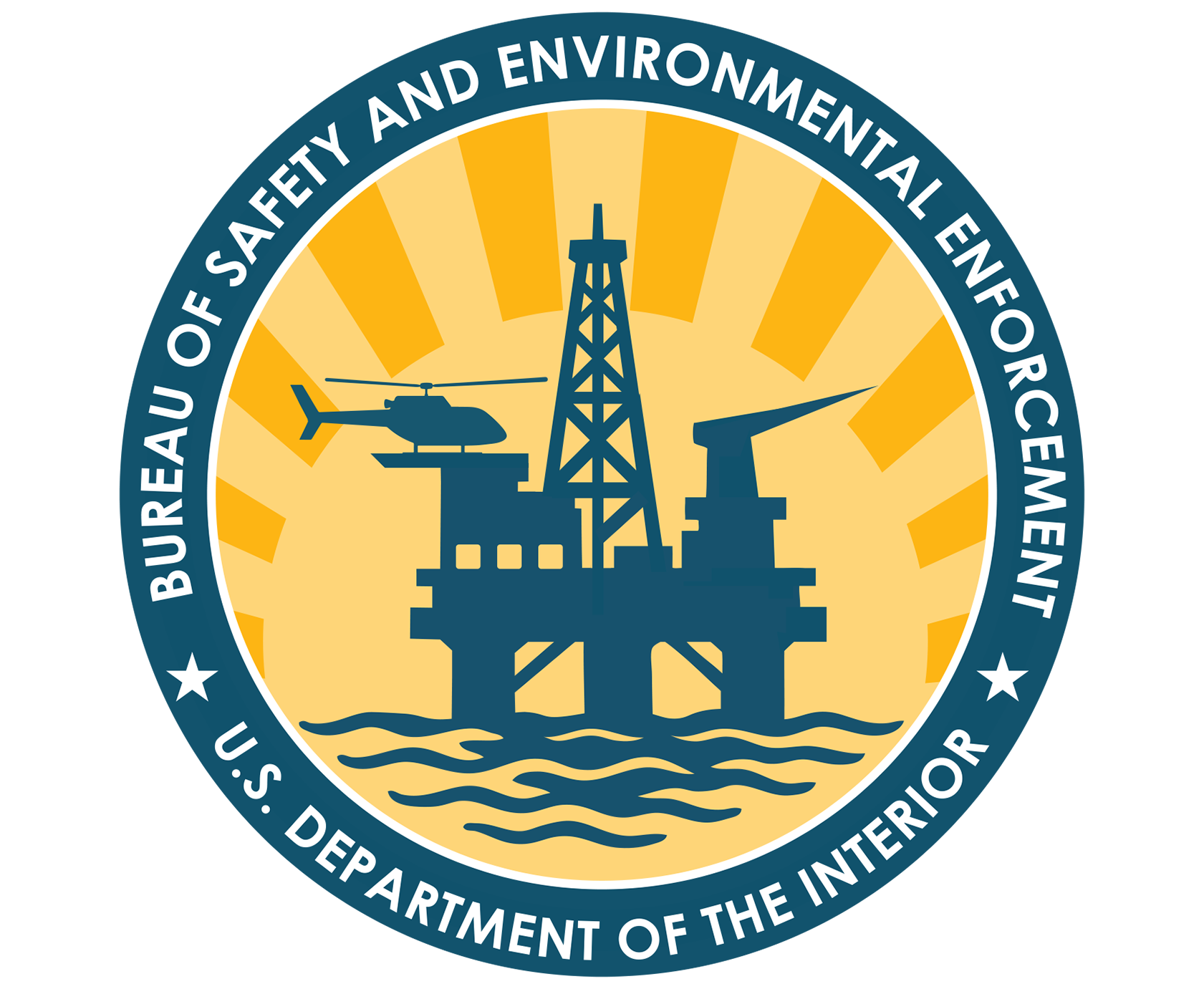This was a Joint Industry Project (JIP). The objective was to develop risk-based models and software tools for estimating the risk levels associated with a given segment of pipe in a pipeline system. The program focused on risk associated with failure of pipelines, rather than facilities such as compression and pumping stations. The program consisted of the following five projects: (1) Risk-Based Methodology for Pipeline Integrity Maintenance; (2) Model for the Assessment of Failure Consequences; (3) Risk-Based Optimization of Corrosion Maintenance Activities; (4) Risk-Based Optimization of Large Ground Movement Maintenance Activities; and (5) Risk-Based Optimization of SCC.
MMS extended the contract for the project in 1998 to: a) add new modules to complete the offshore suite of computer programs; b) add new capabilities to improve existing programs; c) further testing and verification of existing beta programs; and d) on-going activities related to program management, software quality assurance, user support and training.
The structure of all costs in the model was finalized and associated influence diagram nodes were developed. An environmental impact model was developed which defines the potential impact severity at a given site. This measure of spill site damage potential was combined with the residual spill volume and a measure of product toxicity to develop a final descriptor of spill impact. Utility functions for cost, effective spill volume, and loss of life were developed.
All tasks planned under the original contract are complete and all deliverables were submitted to JIP participants.
Although some of the reports are marked confidential, the proprietary period ended in 2004.
